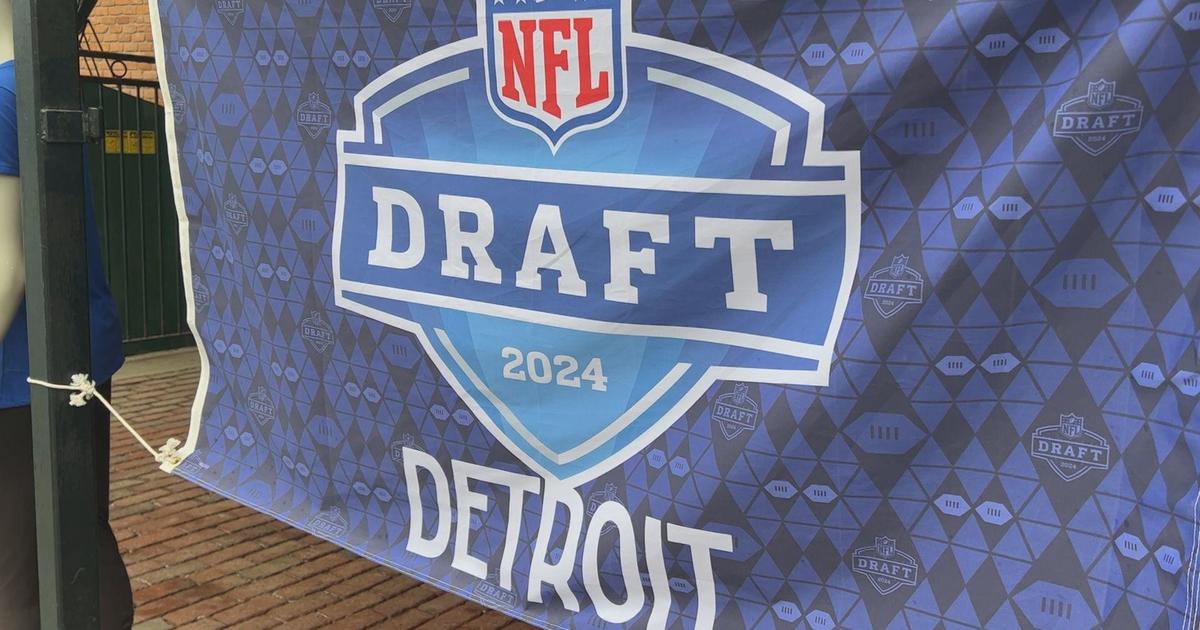Matt's Favorites: Mars Life Underground, Twitter Freakout, Google Buyout, What Makes Steak Bad For You, And Much More
So what's the newest and greatest in the high tech world? Pull up a virtual chair...
* If there is any life on Mars, or evidence that life once existed, it's likely buried deep below the surface, given the planet's dry, freezing, sun-blasted surface, a geochemist says. Yet another reason the only computer that can really settle the issue is the one between human ears -- we have to go.
* This is a problem for the Twitter age, all right. The hashtag #nowthatcherisdead about Margaret Thatcher's death freaked out Cher fans briefly Monday. It all depends where you put the spaces, and in Twitter there aren't any.
* NASA's planet-hunting Kepler space telescope has witnessed an ultradense dead star bending the light of its larger companion, marking one of the first times this phenomenon has been observed in a two-star system.
* Google may be in talks to acquire cross-platform messaging application WhatsApp, claims the tech blog Digital Trend report. Google and WhatsApp have been talking for "four or five weeks," according to Digital Trends, citing a person who claims to have knowledge of the negotiations.
* Researchers from the Cleveland Clinic have discovered it's not the saturated fats or cholesterol from a fatty steak that's triggering heart problems, but a chemical process involving gut bacteria and a compound found in meat called carnitine that may be to blame. (To me, this is good news -- it's another avenue for science to attack to keep the steak from clogging your arteries in the first place.)
* Microsoft may be announcing a new video game console in May that could be the successor of its popular Xbox 360. According to The Verge, Microsoft is planning to hold an Xbox event on May 21 to announce its next console, and will unveil the device at the Electronic Entertainment Expo in June.
* A new study conducted by a team of climate scientists and coral ecologists from the United Kingdom, Australia and Panama discovered that pollution from fine particles in the air can shade corals from sunlight, which is needed for the coral to grow. These particles are often the result of burning coal or volcanic eruptions.
* The U.S.-China Business Council on Monday criticized a new law aimed at thwarting cyber attacks by discouraging the Justice Department and several other government agencies from buying information technology systems from China.
* The United States Navy is ready to deploy laser-based weapons on ships in 2014.
* When it comes to having robotic surgeons slicing around inside your brain, heart or other important body organ, surgeons and patients need to know that a software or hardware glitch isn't going to ruin their day. That's why a new technique developed by researchers at Carnegie Mellon University and the Johns Hopkins University Applied Physics Laboratory that promises to reliably detect software bugs and verify the software safety surgical robots could be a significant development.
* Turns out carbon pollution is having one at least temporarily salutary effect, that is if you like crab cakes: The Chesapeake crabs are getting bigger. (But woe to the oysters that the crabs eat. And so eventually, woe to the crabs.)
* J.C. Penney's attempt to be saved by the former retail boss of Apple is over. But the Penney sale fliers sure were cool there for a while.
* Google is facing a fresh round of antitrust scrutiny from the European Union, this time for Android. The revelation emerges as the Web giant tries to resolve EU charges related to how it displays search results, which critics say favor the company's own services over those of its competitors.
* And I know, a hovercraft golf cart sounds silly, but... wouldn't it be cool?



